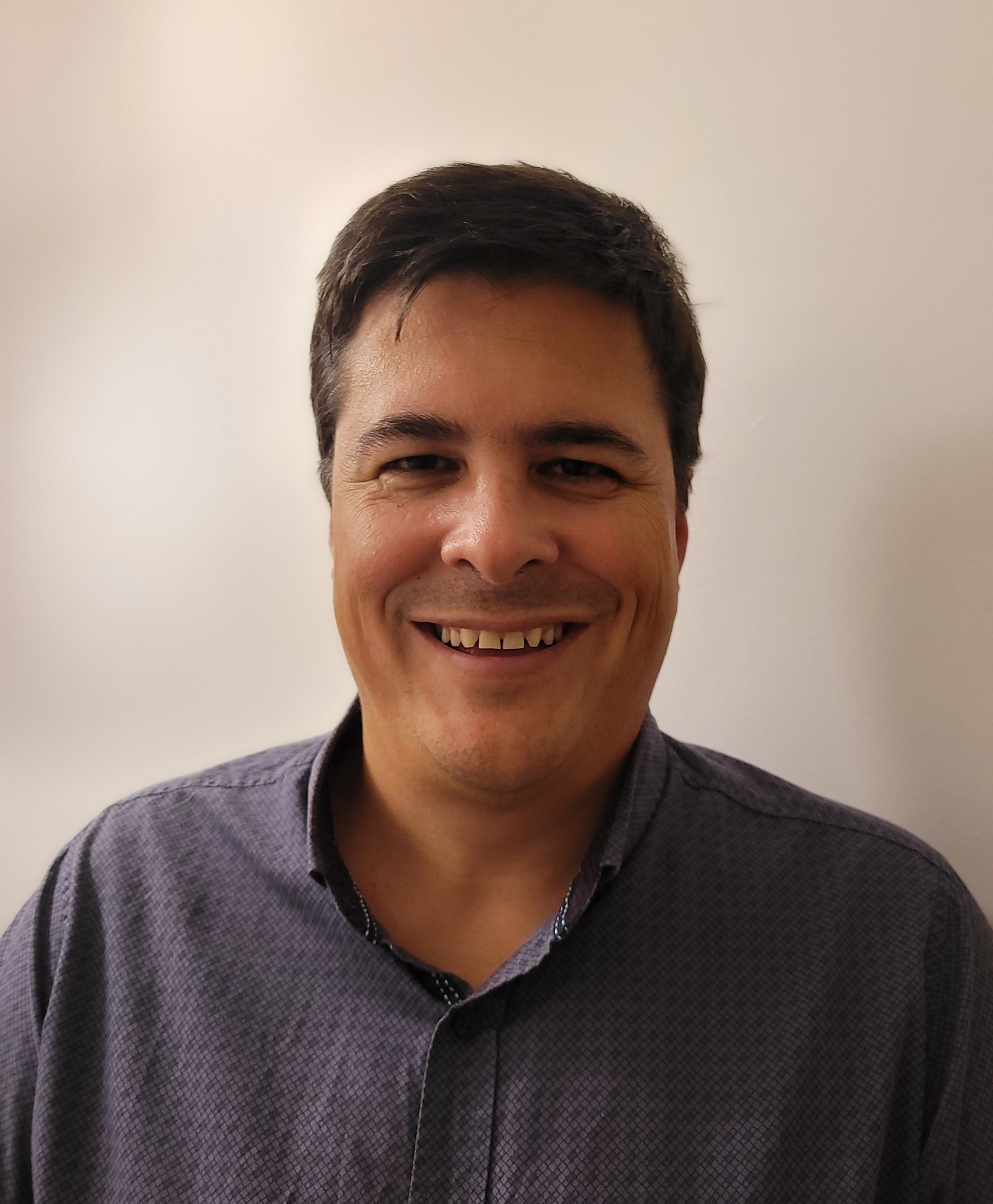Philippe Rivet
Philippe Rivet
Master's Degree in urban studies, 2004
Team Leader, Social Development and Monitoring, Communauté métropolitaine de Montréal (CMM)

ʺResearch, which sheds light on the good and the not-so-good, is essential to the development of our cities, and INRS is relevant in preparing high-level, interdisciplinary researchers ready to face these major societal challenges."
After obtaining his bachelor's degree in geography in 2001, Philippe Rivet pursued a master's degree in urban studies at the Institut national de la recherche scientifique (INRS) under the supervision of Mario Polèse, professor emeritus and specialist in urban and regional economics. His dissertation on the impact of "remesas" in Mexico, the money transfers that expatriates send to their relatives in their communities for economic reasons, was awarded the highest distinction by the jury.
What motivated Philippe Rivet to pursue his studies at INRS was the reputation of the Centre Urbanisation Culture Société (UCS) for research on urban development and dynamics. "The interdisciplinary approach is without a doubt one of the main strengths of the INRS and has coloured my career at UCS. In the context of teaching, but also when you join a research group as a student, you have the chance to work with people who come from a range of disciplines, whether it be economics, political science, sociology or geography. This allows you to have a much broader perspective of the issues and problems related to the same research object."
His field research, which took place in the state of Puebla, Mexico, is one of his most memorable moments from his time at INRS. He recalls, "I was part of a research group, coordinated by INRS and the Autonomous University of Puebla, and there were several students and researchers, both Canadian and Mexican, who came from different disciplines and collaborated on issues related to regional development, migration and remittances. These stays abroad gave me a great experience of exchange and camaraderie."
He remembers from his studies at INRS that "one should never underestimate the strength of multidisciplinarity in the analysis of issues, particularly those related to territorial development. For example, the way we plan and develop housing on a metropolitan scale, which is the subject I am currently working on, will have impacts on the socio-economic integration of newcomers, on urban sprawl, on health, and on the protection of natural and agricultural environments. So, to really target the issues and then develop the tools or the appropriate policies and programs, we must be able to work with concepts that come from different disciplines, and this is what we do at INRS. This is really something that I remember about the INRS method. It is the strength of transdisciplinarity. "
After completing his master's degree, Philippe worked for two years at INRS as a research assistant in the Spatial Statistics and Urban Development Laboratory and in the World Cities Regions Network (WCRN). He collaborated with several researchers on projects related to urbanisation and metropolisation, which required a good theoretical knowledge of these phenomena as well as a good knowledge of quantitative methods and spatial analysis. A job that he describes as "very stimulating and formative" where he was able to get a very concrete feel for research work *and build a good network of contacts.
In 2006, he joined the Communauté Métropolitaine de Montréal (CMM) team as a metropolitan statistics analyst, a new position in what was then a new organization, created in 2001 by the Québec government, where everything was to be built. Philippe Rivet was quickly promoted within this organization to become one of its research pillars. Today, he is the head of the team dedicated to housing issues and is also responsible for the Observatoire Grand Montréal, a platform for the dissemination of analyses and statistical and cartographic data supplied by the CMM, which is an essential reference tool on Greater Montréal. Unequivocally, Philippe admits that his studies at INRS have allowed him to develop "an important toolbox for the study of urban, regional and metropolitan dynamics, but also for the analysis of policies and territorial planning tools, which has been very useful in the different stages of my career." He invites students to take advantage of their experience at INRS to interact with the various professors and researchers and "if you have the chance, join research groups. It's rewarding and helps build a good network of contacts for future projects."
Philippe concludes our interview with the hope that in his work at the CMM and more broadly, that we can accelerate the ecological transition. "I'm happy to see that more and more elected municipal officials are putting in place initiatives and actions to promote the ecological transition. The stakes are high. More than ever, urban growth will have to involve the development of dense, lively living environments that are accessible to all, that put less pressure on natural and agricultural environments and that encourage active and public transportation." He adds, "Research, which sheds light on the good and the not-so-good, is essential to the development of our cities, and INRS is relevant in preparing high-level, interdisciplinary researchers ready to face these major societal challenges."
[Interviewed in January 2023.]
